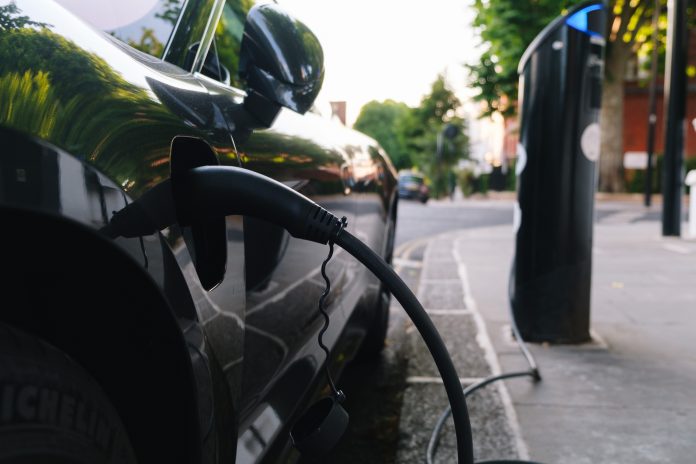As the UK pushes forward with its ambitious targets for EV adoption, concerns about electric vehicle accessibility for disabled drivers have come to light
Former Paralympian Tanni Grey-Thompson has raised significant issues regarding the accessibility of EV charging points, highlighting barriers that currently hinder many disabled motorists from making the switch to electric cars, Energy Live News reported.
Inclusive charging solutions: Electric vehicle accessibility
Grey-Thompson, after attending an All-Party Parliamentary Group meeting on EVs, expressed her frustration at the lack of accessible charging stations. Despite considering purchasing an electric car, she encountered insurmountable obstacles such as the height and location of charging points, as well as inadequate parking spaces designed for accessibility.
One of the key challenges she highlighted was the variation in charging station designs, with some locations lacking proper lighting or being situated in isolated areas, raising safety concerns for disabled users.
The former Paralympian is advocating for the implementation of BSI PAS 1899:2022 standards, which provide guidelines for accessible charge points.
Matthew Adams, Transport Policy Manager for the REA, echoed these sentiments, emphasising the importance of addressing accessibility issues proactively. He highlighted that achieving net-zero road transport should be inclusive and accessible to everyone, underscoring the opportunity to rectify accessibility shortcomings that were not addressed in the era of traditional petrol stations.
Making the switch to EV easier
Meanwhile, the demand for on-street residential EV charging solutions is also gaining momentum across the UK. With over 11,500 residential streets identified as lacking adequate charging infrastructure, initiatives like Vauxhall’s Electric Streets of Britain campaign aim to support households without driveways. This campaign urges local councils to install on-street chargers, therefore removing a significant barrier for those considering the switch to electric vehicles.
Recent data from Vauxhall’s Freedom of Information request revealed that most local authorities still lack a comprehensive strategy for on-street residential charging. While progress has been made since 2023, substantial efforts are still needed to meet the growing demand for accessible charging infrastructure nationwide.
Looking ahead, the UK government’s target of installing 300,000 public EV charge points by 2030 underscores the need for robust and inclusive planning. Councils across the country are expected to ramp up efforts to ensure that on-street residential charging becomes more ubiquitous and accessible, aligning with national goals for sustainable transportation.











